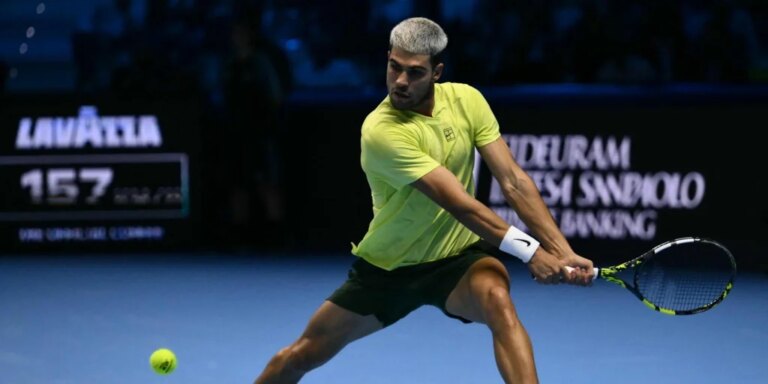
According to information released by the Paris Court of Appeal, the appeal hearing in the case of alleged illegal funding from Libya to the presidential campaign of Nicolas Sarkozy will be held from March 16, 2026 to June 3, 2026. The schedule comes days after the former French president was released from prison after nearly three weeks in custody and was placed under judicial control measures pending the appeal process. The proceedings focus on charges of criminal association related to Sarkozy’s alleged receipt of funds from Muammar Gaddafi’s Libyan government during his 2007 election campaign.
The former president will once again face judicial scrutiny after being sentenced to five years in prison for the aforementioned crimes, the Paris Court of Appeal announced. In a statement, the court specified that the so-called “Libya loan” case will be heard on the above-mentioned dates for the appeal hearing. Media outlets detailed that Sarkozy’s release was made on Monday after the court accepted a motion from the public prosecutor’s office, allowing him to remain on supervised release until his appeal against his conviction is resolved.
According to information provided by the Court of Appeal and cited by various media outlets, Mr. Sarkozy was released from prison, where he had been held since October 21, after the court approved a request for release submitted by the Public Ministry. The former president’s release is subject to judicial control measures, and the fate of the case will be determined by the second trial, but this situation means various restrictions.
During the meeting, where the procedural situation was resolved, the former French head of state maintained his innocence and denied having solicited or received illegal funds from the former Libyan government. Sarkozy added that life in prison was a “terrible experience” before declaring in words compiled and translated by news organizations: “I will never admit that I asked Gaddafi for funding.” To this statement was added the position that the former conservative leader has taken since the beginning of the proceedings against him, claiming that he is the subject of political persecution and saying that his conviction would “humiliate” France and is, in his opinion, part of a “judicial scandal”.
Media also reported that Sarkozy became the first former president in France’s recent history to go to prison. From the first moment, the conservative leader refused to accept any criminal responsibility and continued to base his defense on the denial of the charges and accusations of judicial abuse against him. His imprisonment has been interpreted by both his allies and opponents as an unprecedented event in French politics, while the investigation into allegations of illegal financing of his campaign has become one of the most resonant corruption cases linked to the ruling elite in decades.
The process involving Sarkozy stems from an investigation into the use of funds from Libya in the context of the campaign that brought Sarkozy to power in 2007. According to information released by the Paris Court of Appeal and reprinted by various international media outlets, the case focused on establishing the existence of a money transfer network allegedly operated under the authority of Muammar Gaddafi. A judicial investigation led to a trial that ultimately resulted in a conviction on charges of criminal conspiracy, which was appealed by the former president’s defense and set to be heard at a session scheduled for spring 2026.
Mr. Sarkozy’s lawyers reiterated their position that the former president had no knowledge of or involvement in any irregular financing schemes, and stressed that the conviction violates, in their view, fundamental guarantees of procedure. The Public Prosecutor’s Office maintained the validity of the evidence elements provided during the investigation, and after many years of investigation and evidence collection, it was now possible to substantiate the accusation of criminal involvement.
The development of the case has influenced French national and political debate, as it tests not only the image of one of the leading figures in French politics in recent decades, but also the effectiveness and independence of the judiciary in the face of institutionally sensitive cases. According to information released by the Paris Court of Appeal, the appeal hearing of the so-called “Libya loan case” will mark a new chapter in one of the most important criminal cases related to Mr. Sarkozy’s character and his time at the top of the French presidency.



